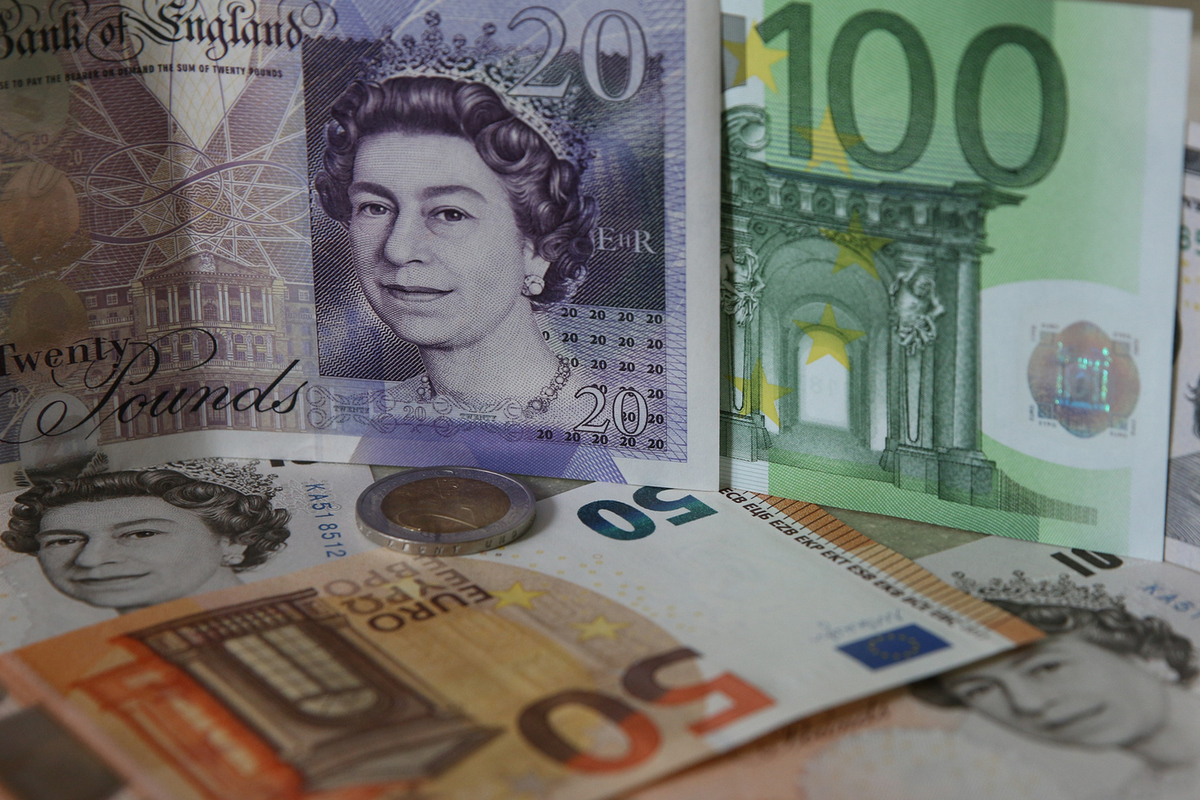Europe is on the verge of recession due to its unpreparedness for anti-Russian sanctions: numbers are being concealed
[ad_1]

Economist Maslennikov: “It’s worth thinking about why unfriendly countries give us high marks”
The eurozone will show “negative growth” at -0.1% of GDP in 2024. This forecast was published by the British company Oxford Economics. At the same time, the largest countries in Europe – Germany and the UK – will end the current year with even weaker results: -0.2% and -0.4%, respectively. France’s GDP will also drop to -0.2%, and Finland and Estonia may even drop by 1.5%. At the same time, the Russian economy, according to the IMF, may achieve growth of 2.6% this year. And this despite the fact that it is under severe pressure from Western sanctions. But it turns out that those who impose these sanctions suffer from them more than our country. MK asked leading expert of the Center for Political Technologies Nikita Maslennikov to explain this paradox.
— How realistic is the British forecast for a recession in the eurozone?
— Such assessments must be treated very carefully. The reasons for this forecast must be sought in the recently published final data on the dynamics of eurozone GDP for the 4th quarter of 2023, which turned out to be at the level of 0.1%, the same as in the third. From here, analysts began to draw conclusions about impending stagnation. The eurozone’s annual growth was 0.4%. This is a low figure, because at the end of 2022 it was above 3%. Such a strong decline gave analysts reason to make unflattering forecasts for the future. One of the reasons why such forecasts are now being replicated is to send a certain signal to the European Central Bank. The fact is that at the meeting on March 7, the ECB kept all three base interest rates at the same levels. The interest rate on loans is still 4.5% per annum, on deposits – 4%, on margin loans – 4.75%. According to analysts, the rate cut will be pushed back to mid-summer. Namely, high rates, according to a number of foreign experts, are the reason for the slowdown in GDP growth in the eurozone. So the assessment of British analysts can be considered as a kind of signal to the European regulator that the entire market expects rates to be cut as quickly as possible, so as not to reach negative results for GDP at the end of the year.
— How does such a forecast relate to reality?
— Essentially, it diverges from the expectations of other financial institutions. Everyone there has forecasts below the level of 1% of GDP in this region, but neither the IMF, nor the European Commission, nor the OECD, nor the ECB see a recession in the EU or entering the “negative growth” zone. For example, the ECB a month ago expected 0.8% GDP growth for 2024, and recently revised the estimate downward to 0.6% of GDP. But this is still growth, albeit weak, and not a fall. This figure can be achieved if the ECB rates are reduced, energy prices remain at current levels and if fiscal consolidation can still be started. This year, the consolidated budget deficit of all eurozone countries is expected to be 3.1%. So the forecast of British analysts should be considered as an alarmist publication. In my opinion, this is a definite signal for the monetary authorities of the continent.
— Are the forecasts regarding Russia realistic?
— The IMF’s expectations for our country’s GDP growth of 2.6% at the end of this year can be called quite optimistic. Perhaps there are also certain political goals behind this forecast: they say, if everything is so good in Russia, then sanctions pressure must be increased even more. When we are given such high marks, it is worth thinking about why unfriendly countries and their institutions do this. We ourselves know our capabilities better: so far the average median forecast among experts is 1.6% -1.7% of GDP growth by the end of 2024.
— Do sanctions against Russia affect the EU economy?
— Of course, but the European authorities are not trying to talk about it. In Germany, for example, which is now in a rather difficult situation, the German institutions themselves estimated their losses from sanctions for 2022-2023 at 200 billion euros. There will probably be comparable figures for other large EU economies, they just haven’t been publicly presented yet. The losses, naturally, give rise to reflections among European officials about how Europe’s international competitiveness is declining in relation to China and the United States. This may lead them to rethink economic regulation at home, including regarding the justification of further sanctions pressure on Russia.
— Will they draw conclusions?
— I think that the sluggish sanctions pressure on Russia will continue for now. The “red line” for changes in this issue may be the elections in the United States. As for the situation in the EU economy, a “red line” may arise there when the ECB again has to reassess the rate of economic growth in the eurozone towards a slowdown. How quickly Europe is approaching its “red lines” will be shown in the first half of the second quarter: in May it will be possible to talk about how serious the situation in the European economy is and whether the authorities managed to avoid the worst scenario.
[ad_2]
Source link






